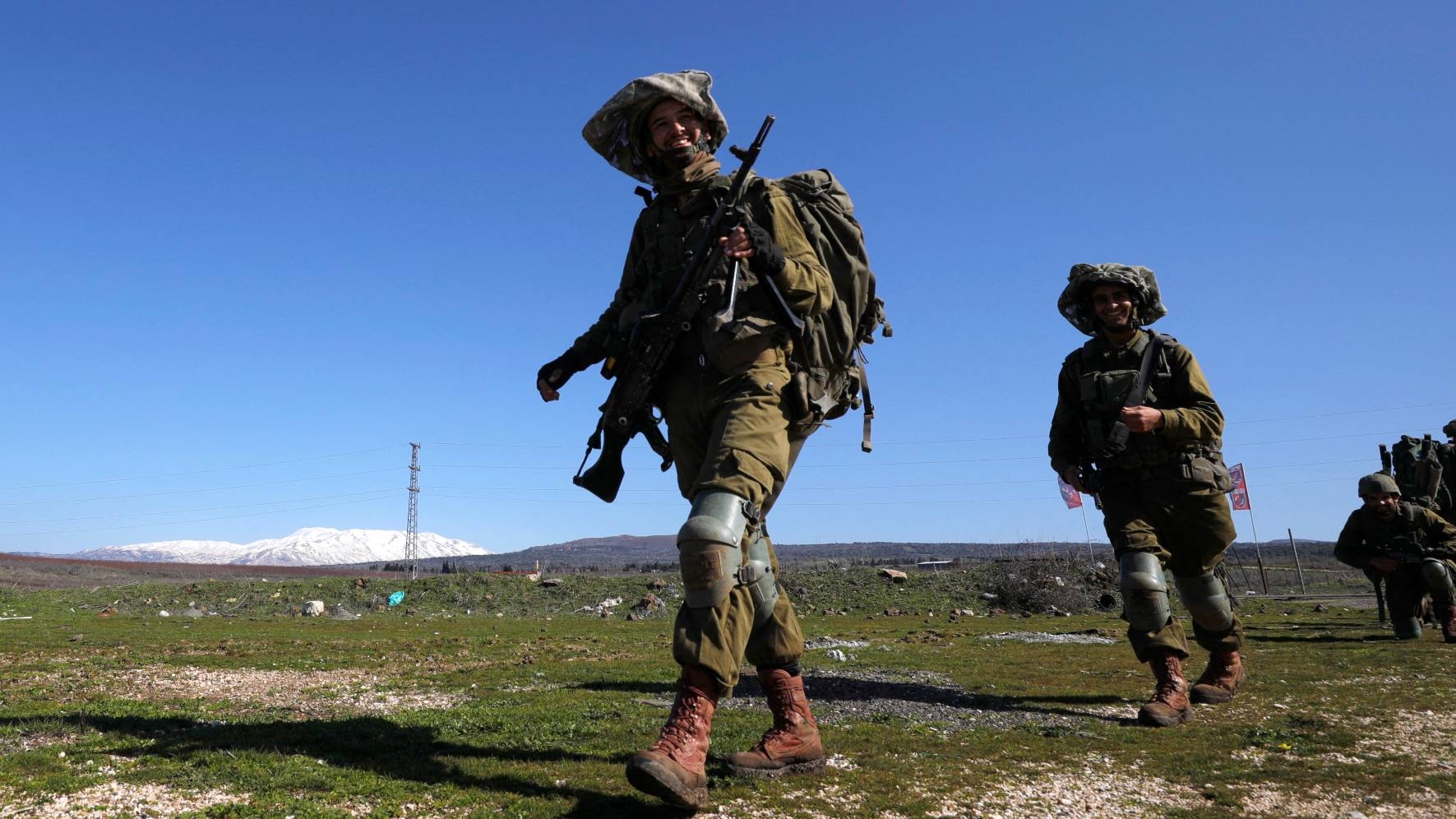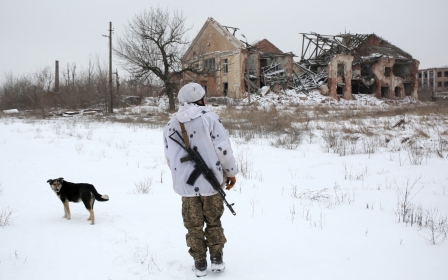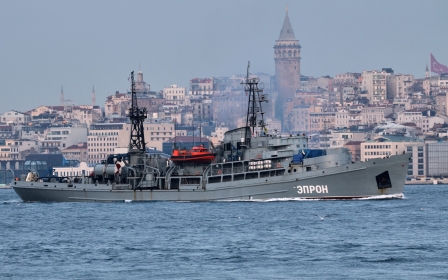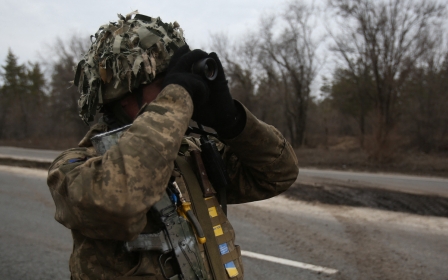Russia slams occupation of Golan Heights after Israel expresses support for Ukraine

Russia condemned Israel's occupation of the Golan Heights on Wednesday day after Israel expressed support for Ukraine in the unfolding crisis.
Russia's United Nations envoy, Dmitry Polyanskiy, told a Security Council briefing that Moscow was "concerned over Tel Aviv's announced plans for expanding settlement activity in the occupied Golan Heights, which directly contradicts the provisions of the 1949 Geneva Convention".
"Russia's unchanging position, according to which we do not recognise Israeli sovereignty over the Golan Heights that are an inalienable part of Syria."
The Golan Heights was officially recognised as part of Syria when the country acquired independence in 1944 - years before Israel was created.
A strategic plateau straddling Israel and Syria and overlooking southern Lebanon, the resource-rich region was captured by Israel during the war of 1967.
According to official Syrian figures, at least 131,000 Syrians from the cities of Quneitra and Fiq were expelled from the region, and some 137 villages and 112 farms were subsequently annexed.
Polyanskiy's comments came hours before Russian President Vladimir Putin launched a large-scale offensive across Ukraine on Thursday.
Earlier on Wednesday, Israel's foreign ministry issued its first statement on the crisis, where it deliberately refrained from mentioning Russia or Putin but stated support for Ukraine's territorial integrity and sovereignty.
"Israel shares the concern of the international community regarding the steps taken in eastern Ukraine and the serious escalation in the situation," said the statement.
The conflict between Russia and Ukraine could put Israel in a difficult situation, as the country is a close ally of the US while also traditionally having good relations with both Moscow and Kyiv.
In 2019, Israel and Ukraine signed a major trade agreement, and in December 2021, Ukrainian Defence Minister Oleksiy Reznikov visited Israel.
An armed conflict could also have repercussions for Israel's domestic politics, with the country being home to over 500,000 Ukrainian ex-pats and over 400,000 Russian immigrants.
This article is available in French on Middle East Eye French edition.
Middle East Eye propose une couverture et une analyse indépendantes et incomparables du Moyen-Orient, de l’Afrique du Nord et d’autres régions du monde. Pour en savoir plus sur la reprise de ce contenu et les frais qui s’appliquent, veuillez remplir ce formulaire [en anglais]. Pour en savoir plus sur MEE, cliquez ici [en anglais].




